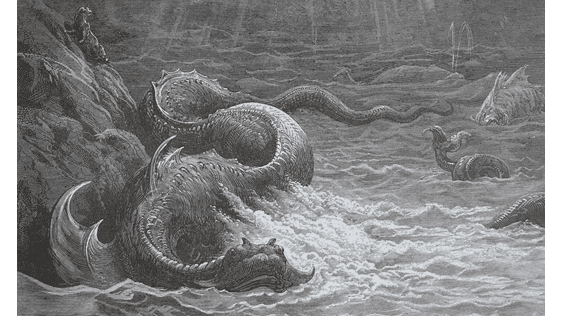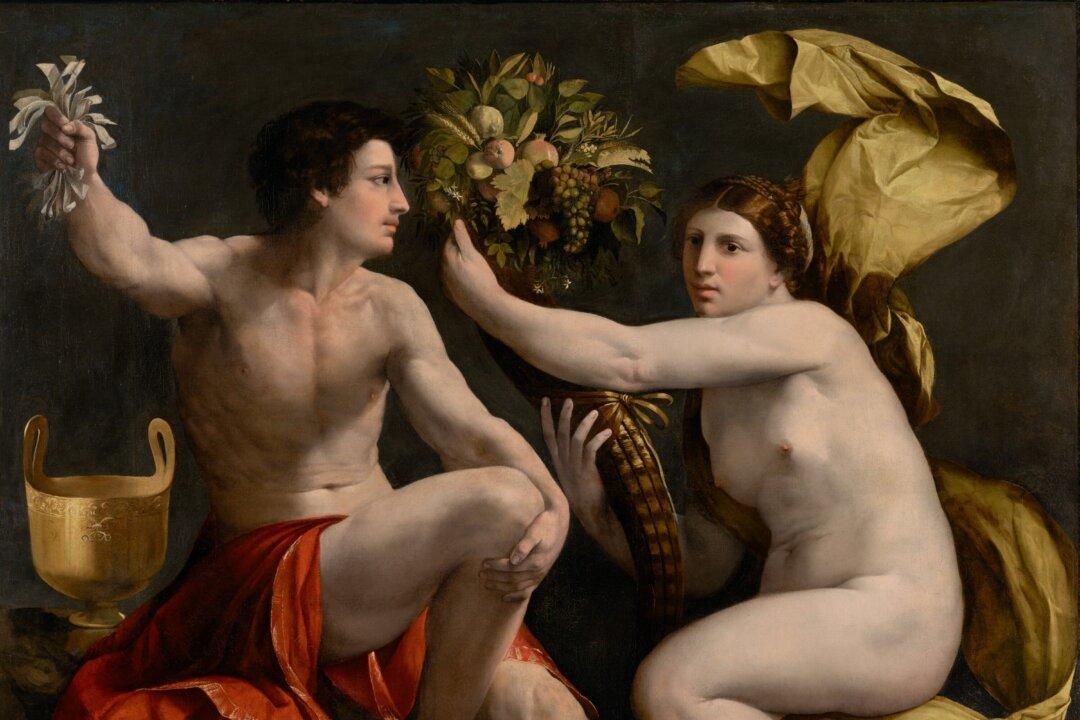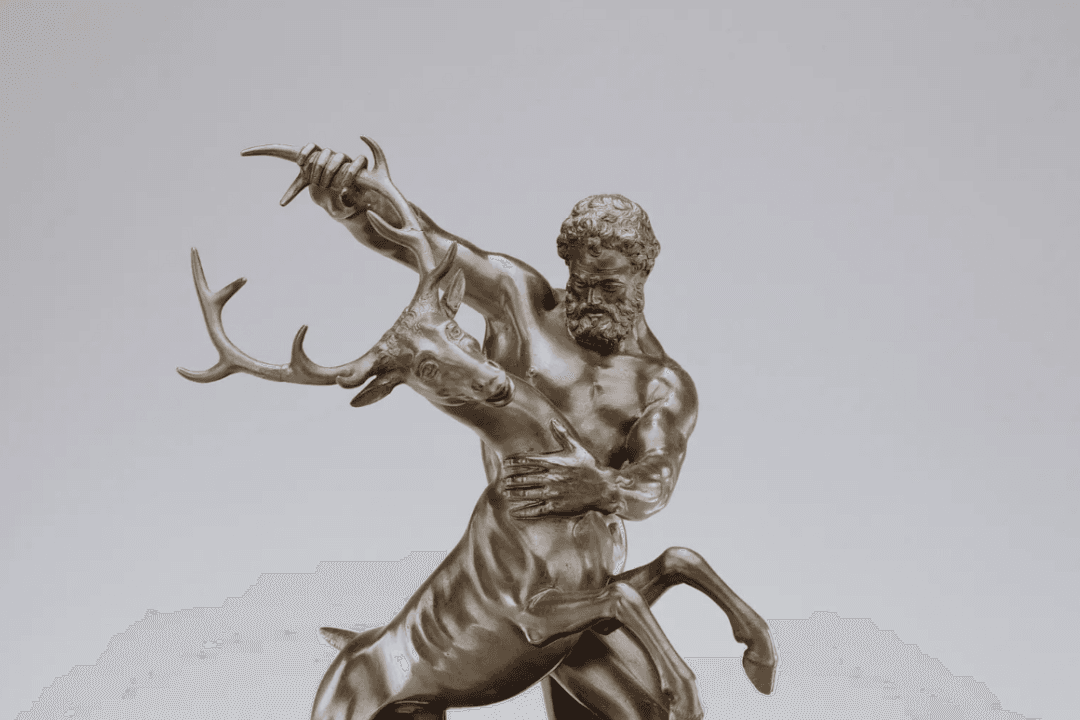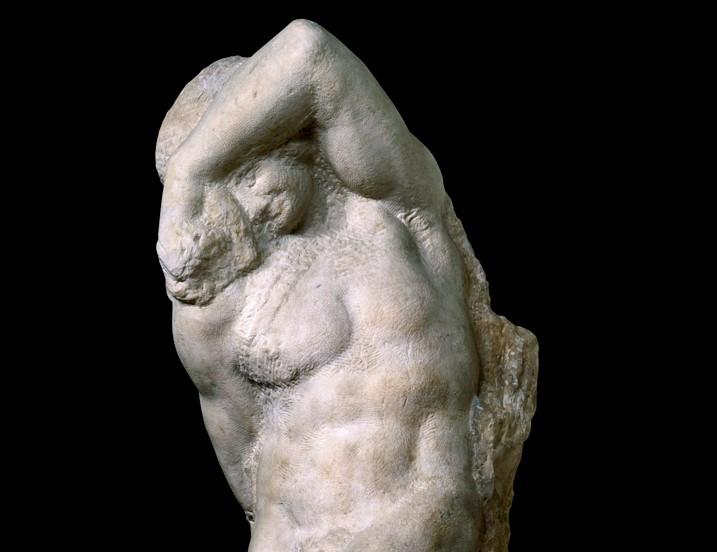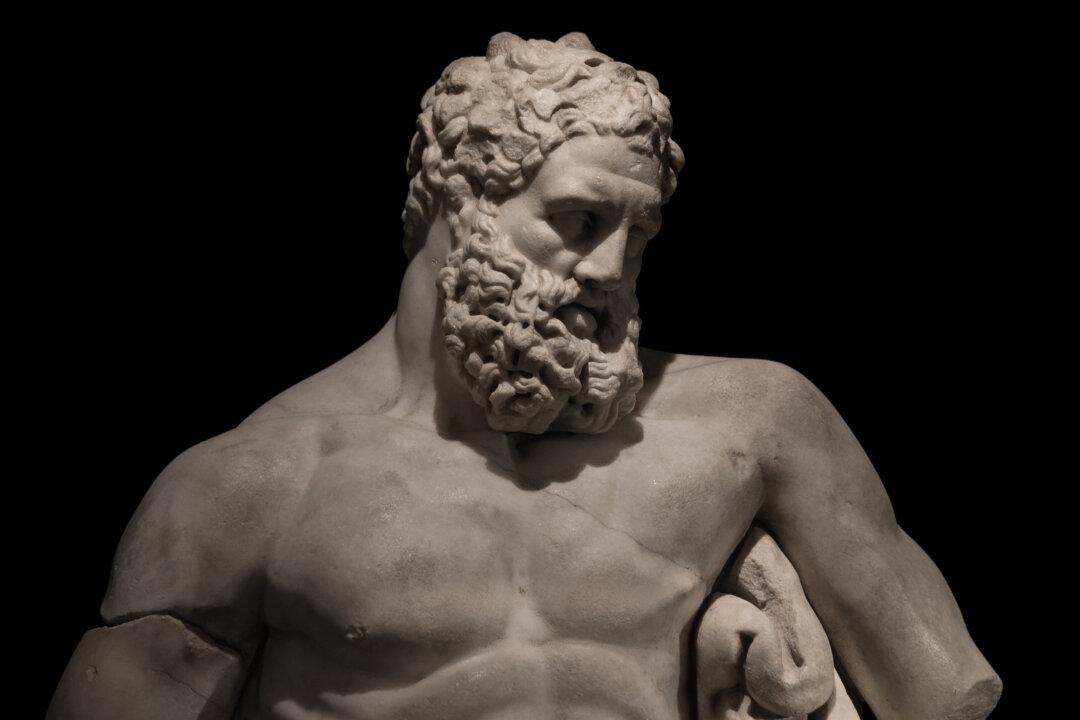John Milton was blind by the time he wrote “Paradise Lost” in 1667. Throughout the text, he occasionally calls out to a “Heav’nly Muse” to inspire him to tell the story of human sin, as he does at the beginning of the book. He opens Book VII with a call to the Heavenly Muse, who then visits him and drives out the evil around him and only then shows him a truth, a truth he wishes to share with his audience—that is, with us, the readers.
In the previous part of this series, we ended with Archangel Raphael telling Adam how the war in Heaven began. Inevitably, the angels in Heaven defeat the rebel angels and drive them to Hell. After receiving and sharing the events that occurred in Heaven, Milton asks the Heavenly Muse to return him to Earth so he can finish the rest of the revelation. The fact that evil is driven away before Milton continues his poetic revelation is a theme that is repeated.

